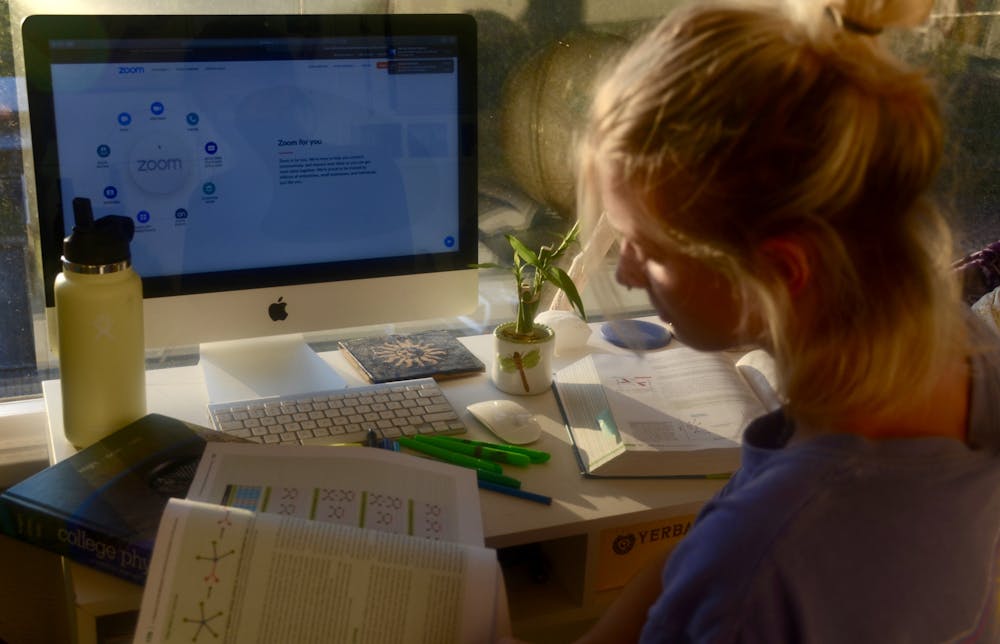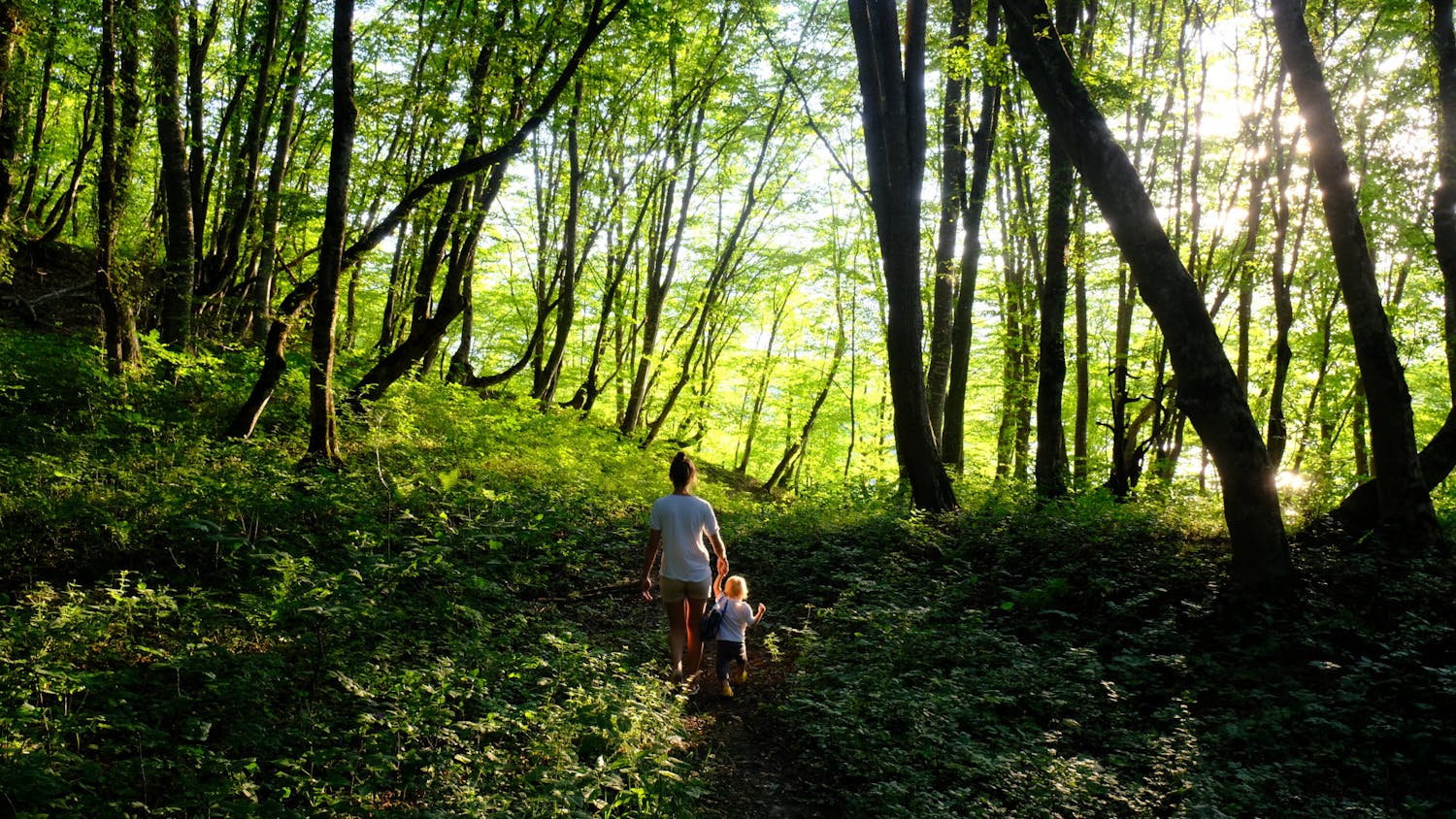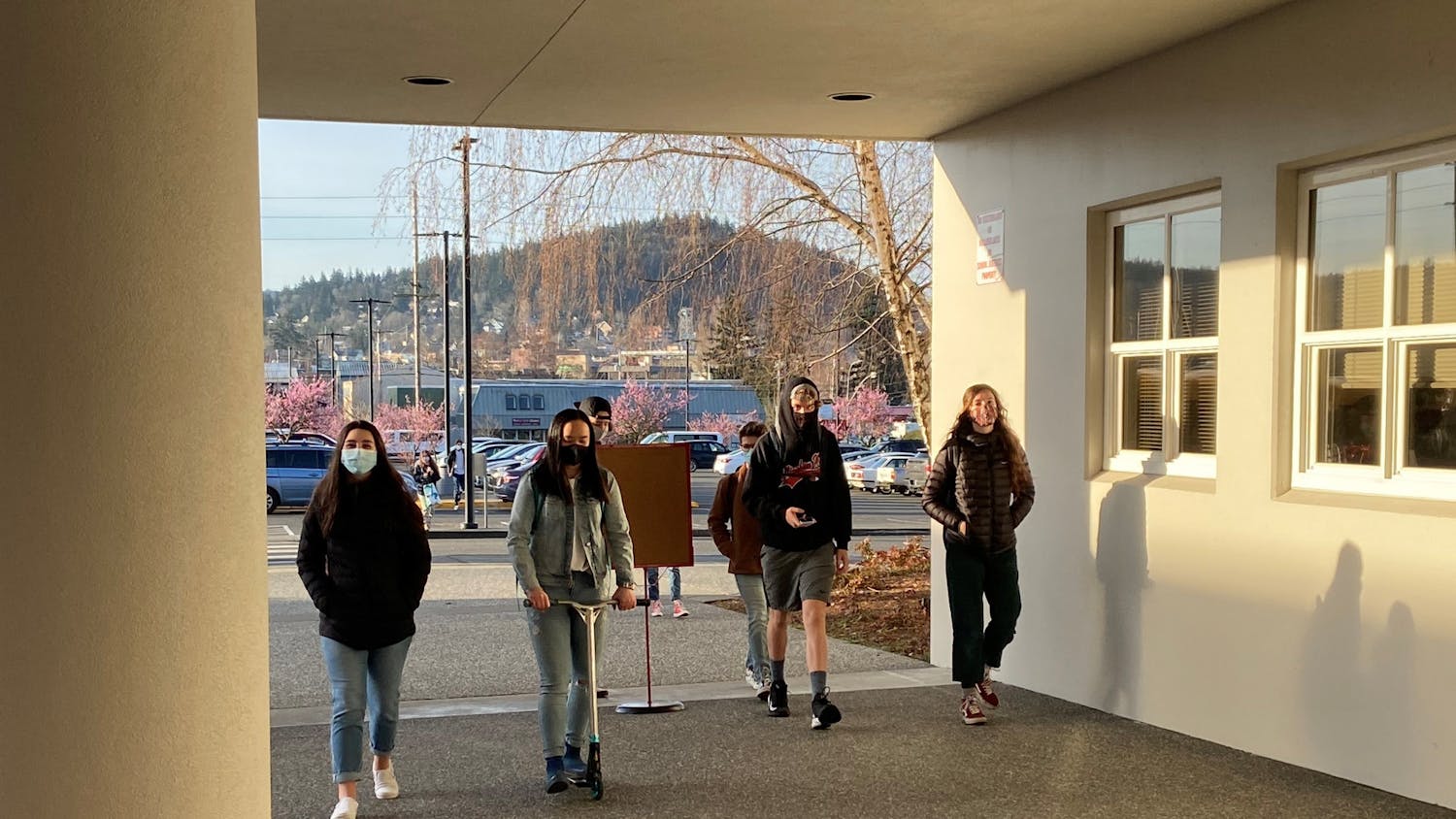Feeling anxious about returning to school in the fall? Excited? Anxiously excited? This may be common for returning Western Washington University students.
It’s no secret that the pandemic changed life as we know it. Incoming first-years at Western faced a historical change in their college experience.
The pandemic has had varying effects on students. Kira Mauseth, senior instructor of psychology at Seattle University, said some students benefit from the flexibility of online learning. However, other students have a more difficult time.
“Not having the social connection that we are used to has caused a lot of anxiety,” Mauseth said. “Universities shouldn’t pretend like this didn’t happen. We need to address it and we need to facilitate the opportunity for students who want to talk.”
With this uncertainty has come an unprecedented amount of social setbacks.
“The entire university community is emerging from what is likely the most difficult sustained period of uncertainty and fear that we have ever known. That’s rough!” Sarah Godoy, director of counseling at Western, said in an email.
All around the country, students are seeking mental health support from their university counseling center. It was noted that especially during the pandemic, the emotional well-being of students was the top factor affected by COVID-19, Godoy said.
COVID-19 played a role in the remote college experience of many rising second-year students in their first year at Western.
“After months of going without social interaction — everyone is out of practice! So if you have social anxiety, you are not alone in your worries,” Godoy said.
Andre Symbol, a first-year student at Western last quarter, said face-to-face connection is the best way to learn, along with creating bonds with professors and other students.
“Personally it was a little hard to meet new people because of the regulations to maintain safety,” Symbol said.
Joey Eyre, a rising second-year student at Western, felt similarly.
“It didn’t even feel like I was at school,” Eyre said. Anticipating a fun fall quarter, Eyre is excited to attend in-person classes this fall.
As a first-year on campus last year, Kate Brown said living in the residence halls impacted her mental health.
“At first, I felt isolated,” Brown said. “It’s hard to not let a global pandemic affect both your anxiety and depression. Being in remote classes made me want to go to school more than ever.”
This begs the question: How will Western create a space where students can feel part of a college community again? Godoy said students and staff at Western each play a role in the answer.
“We all have a responsibility to check in on each other, savor moments of laughter, attend community events, and find common ground,” Godoy said. “This can look like professors asking their students how they are holding up, a student thanking a custodial worker for serving on the frontlines of the pandemic, or roommates navigating a new campus environment together.”
Mauseth said there are four ingredients of resilience in response to recovery from a disaster like COVID-19: “purpose, connection, adaptability and hope.” In regards to emotional well-being and shock-related social anxiety, these “ingredients” will be crucial to integrate into campus life this fall.
For students struggling with social anxiety or just feeling awkward about coming back to school, Western’s Counseling Center has resources to lean on.
To start, the Counseling Center has eliminated wait times for immediate support. Students are now able to call in to speak with a therapist for a same-day consultation. They also offer different modes of therapy, community care spaces, workshops and outdoor wellness activities. All of these resources will be available to students in the fall.
They can be accessed by calling, emailing or visiting the Counseling Center on campus in Old Main room 540.
Some of the therapy offered includes individual and group therapy sessions. Some outdoor activities include yoga and outdoor wellness breaks hosted by Western’s Counseling, Health and Wellness Services.
It’s important to remember that trends in mental health are not solely tied to remote or in-person classes. We cannot combine the pandemics effects on mental health with remote learning. Even students attending universities with in-person classes have reported emotional distress this past year due to COVID-19, Godoy said.
“Overall, the relationship between [COVID-19] and student mental health is complex,” Godoy said, adding that the pandemic has affected everyone, but all in differing ways.
Rowan Westwood (she/her) is a campus news reporter for The Front. She is a senior double majoring in Communication studies and Journalism News/Editorial. In her free time she enjoys spending time with friends, consuming poetry, drinking copious amounts of caffeine and listening to sad indie pop.
You can reach her at rowanwestwood.thefront@gmail.com or @rowestwood on Instagram.






